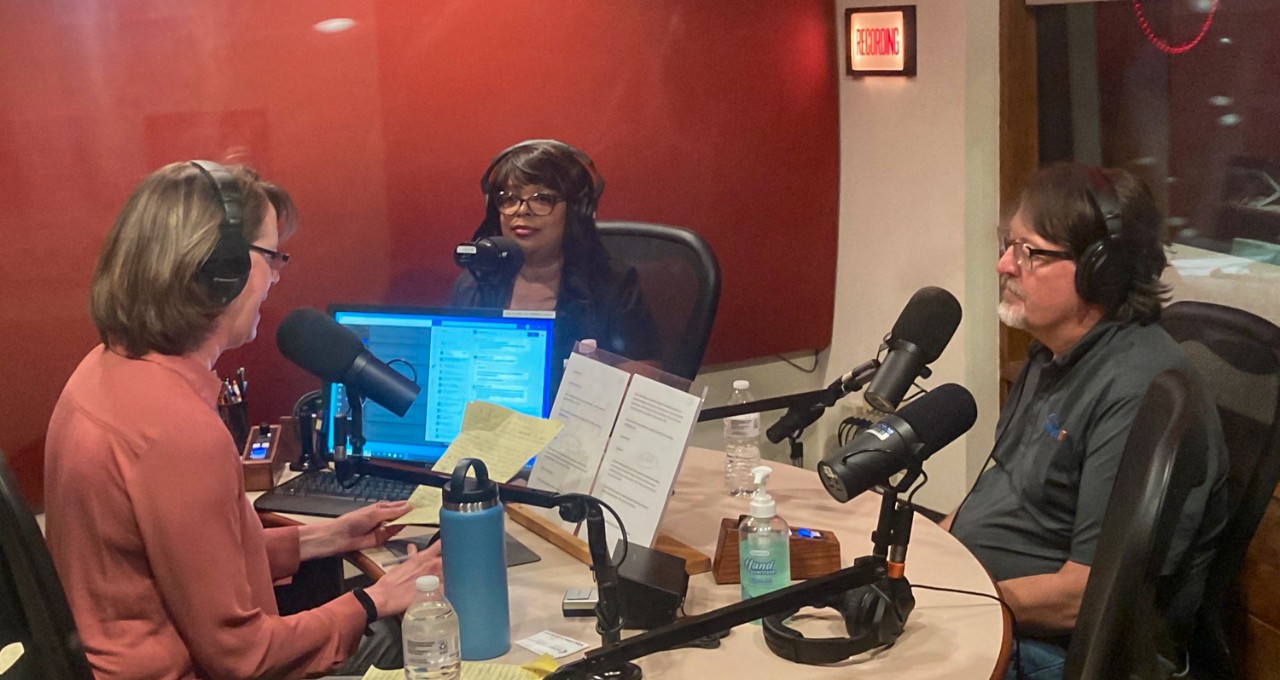
WVXU: AI continues to advance but at what cost?
UC aquatic toxicologist talks about mitigating unintended consequences
WVXU's Cincinnati Edition turned to a University of Cincinnati aquatic toxicologist to learn more about ways we can mitigate the risks of adopting new technology such as artificial intelligence into everyday life.
UC College of Arts and Sciences Assistant Professor Latonya Jackson said artificial intelligence is becoming more ubiquitous in research projects, such as water monitoring and measuring concentrations of contaminants.
She studies the long-term effects of toxins on fish in her biology lab.
Tech leaders such as former Google tech innovator Geoffrey Hinton are sounding an alarm about the risks posed by artificial intelligence.
But Jackson said there are benefits, too, particularly in long-term pollution monitoring.
"AI can be helpful not just for my research but in scientific research in general," Jackson said. "We can see if ice sheets are melting and at what rates. It helps identify concentrations of contaminants in water. It helps me to put all the data I generate into one place to do models and see how contaminants flow, how fast they go and what happens when there's rain."
Jackson was joined on the panel by Dave Hatter, a security consultant with intrustIT.

UC aquatic toxicologist Latonya Jackson studies the effects of water pollution on fish in her biology lab. Photo/Andrew Higley/UC Marketing + Brand
Related Stories
German TV highlights UC expert's ancient Maya discoveries
March 2, 2026
The German television show 'Unsolved Case' talks to a University of Cincinnati expert about ballcourts used by the ancient Maya for a program examining how people used spheres as both tools and toys.
UC studies supplement, therapy alternatives to treat depression
March 2, 2026
Media outlets including Cleveland.com and Cleveland's WKYC News highlighted a new University of Cincinnati clinical trial funded by an approximately $3.5 million grant from the National Institutes of Health’s National Center for Complementary and Integrative Health to test two new nonpharmacological treatments for teens and young adults with depression.
Did plants nearly wipe out all marine life on Earth — twice?
March 2, 2026
An expert on global mass extinctions at the University of Cincinnati provided context to a new study examining the spread of the first land plants on Earth between 360 million and 540 million years ago.
